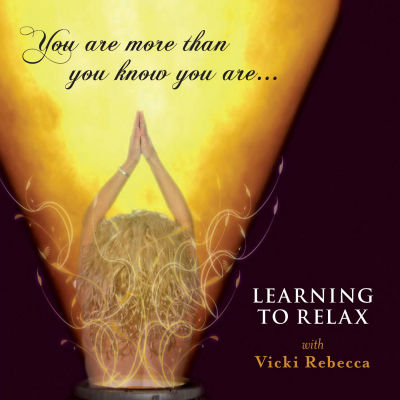

We all feel anxious from time to time, it’s a part of so-called ‘normal’, however, for one in ten people, anxiety is so bad it dominates their life.
“Anxiety is the feeling of fear we all experience when faced with threatening or difficult situations. It helps us to avoid danger, makes us alert and motivates us to deal with problems. In this sense it is very similar to stress and general information and tips on stress management can also help with anxiety states. However, if your anxiety has reached a deeper level, you will even be anxious about being anxious and you may need professional help”.
You may be suffering from anxiety if you…

Hypnotherapy is the use of hypnosis in a clinical setting.
During your hypnotherapy session, I will use relaxation techniques to help you reach a state where the conscious part of your mind is relaxed, and your subconscious part is more open to suggestion. Then, utilising the power of suggestion I will ‘talk’ directly to your subconscious mind to activate the changes you’re looking for.

Research has shown that hypnotherapy can help relieve stress, fear, and anxiety. It can also be used to help in coping with the symptoms of panic disorder. While under hypnosis, a person with panic disorder may be guided to bring attention to coping with specific symptoms and overcoming limiting behaviours.

In relatively few steps you can overcome problems that have been stopping you live your life as you truly want to. The first step is for us to have a chat so I can understand how anxiety is playing out in your life.
Whatever else we do we will use hypnosis to help you relax and to change your mind set.
Hypnosis has a 93% success rate for anxiety and according to research studies less sessions are required than with other psychotherapies. Nevertheless, during our initial consultation, as a fully accredited psychotherapist, I will thoroughly explore all the possibilities. I’ll look at cognitive aspects – what your trigger thoughts are, we may even go back to a triggering event which set off the anxiety in the first place. The root cause could also be unresolved trauma, we’ll weigh it all up at the end of the consultation and decide the best approach, the session will always be tailor made to YOU, based upon your needs!
Sessions are as individual as you, however one of the most thorough pieces of research on self-hypnosis (and ALL hypnosis IS self-hypnosis as you are the one that is in control) was done over a 6-week period in the outpatient department of a psychiatric hospital revealed that an astounding 60% of the trial group needed no therapeutic intervention beyond the relaxation programme.
Relaxation is underrated in the world today and will always feature somewhere in the work we do together.
As a psychotherapist, hypnotherapist, and trauma healer, I specialise in helping people just like you to overcome stress and other challenges.
Or come and see me in-person in the beautiful setting of Deeside. Live further away – book yourself a mini retreat and let’s get to the bottom of things together.
Get in touch for more details or
Your session will be specific to your situation, beginning by looking at the big picture. Something that has built up over several years can take a bit of unpicking while other things are straight forward and surprisingly simple to deal with. It will become clear as we talk it through.
I can also come to your event or workplace to deliver an informal, yet informative talk pitched at whatever issue you are currently looking to tackle.
All sessions are private and confidential.
I am accredited by the United Kingdom Council of Psychotherapists and work to their ethical standards.
Face to Face or Online – let me help you!
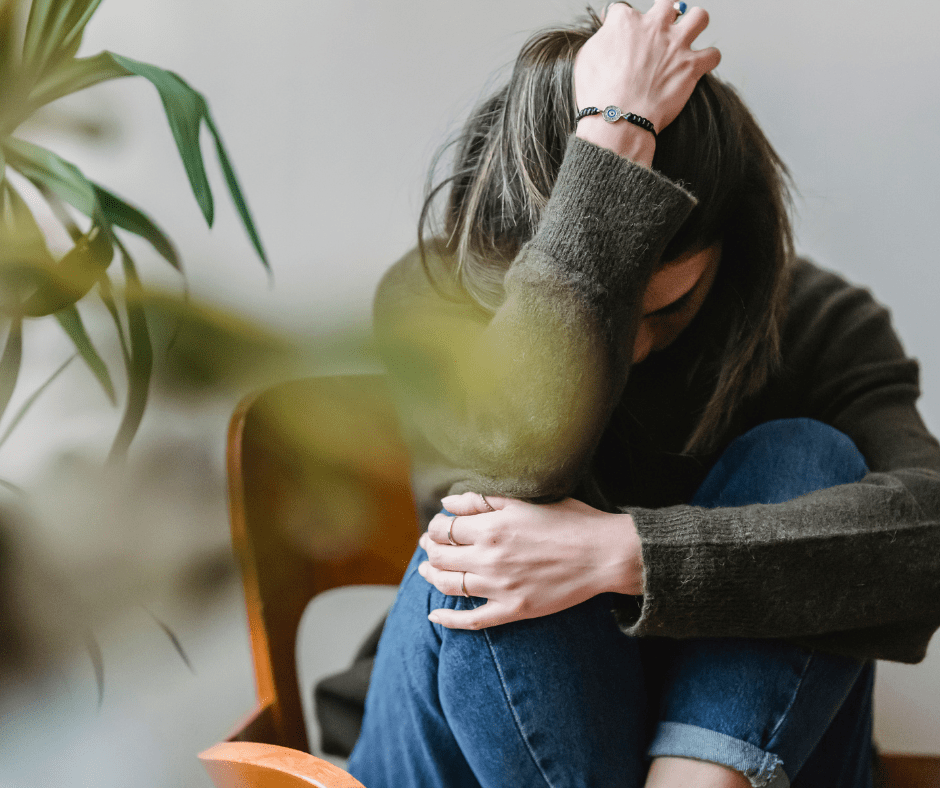
If you’re troubled by a persistent feeling that something bad is going to happen, or that something is going to go wrong, or you find that constant worries and fears distract you from your day-to-day activities, you may be suffering from Generalised Anxiety Disorder (GAD).
People with GAD are chronic worriers who feel anxious nearly all of the time, such that they tend to accept their state as being normal, even though they may not even know why. Anxiety related to GAD often shows up as physical symptoms like insomnia, stomach upset, restlessness, and fatigue.
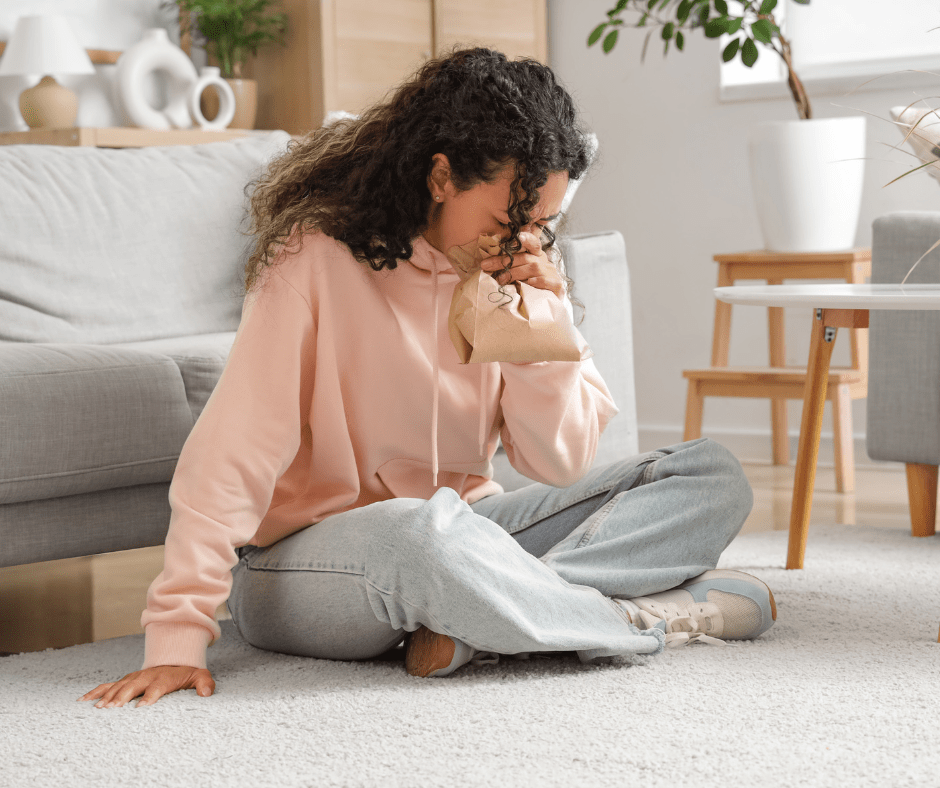
A Panic Disorder is characterised by repeated, unexpected panic attacks, as well as fear of experiencing another episode. Agoraphobia, (a fear of being in places where escape or help would be difficult in the event of a panic attack), may also accompany a Panic Disorder. If you have agoraphobia, you are likely to avoid public places such as shopping centres, sports stadiums, or confined spaces such as an airplane.
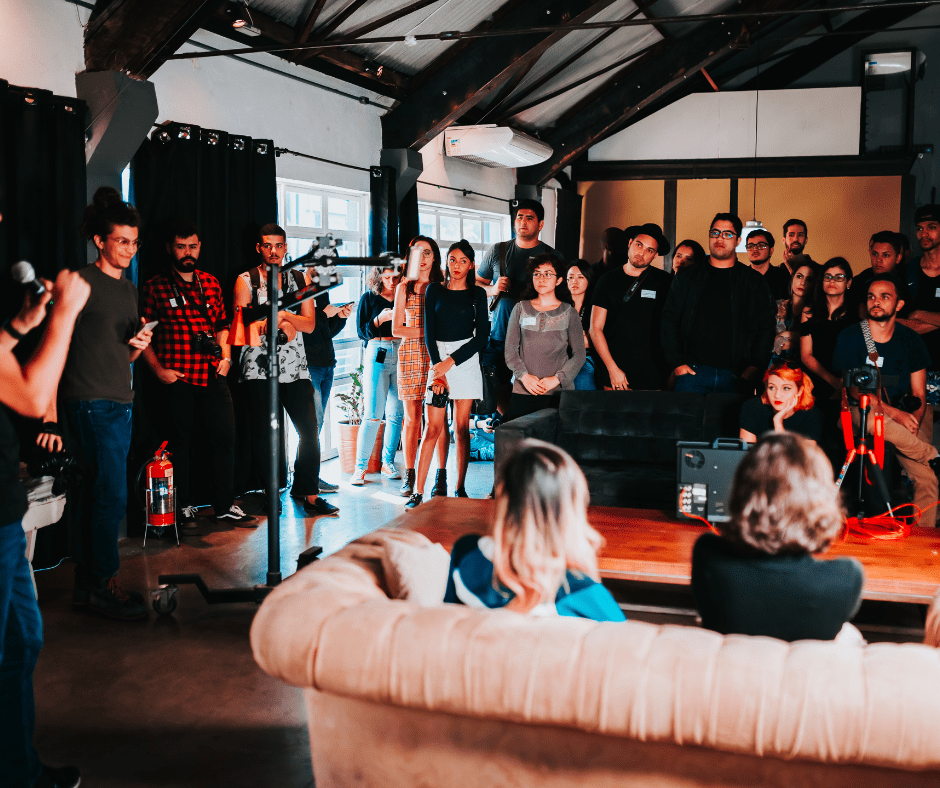
Social anxiety disorder, also called social phobia, is the fear of interaction with other people that brings on self-consciousness, feelings of being negatively judged and evaluated, and, as a result, leads to avoidance. If you have a debilitating fear of being seen negatively by others and humiliated in public, you may have social anxiety disorder, also known as social phobia. Social anxiety disorder can be thought of as extreme shyness. In severe cases, social situations are avoided altogether. Performance anxiety (better known as stage fright) is the most common type of social phobia. If a person usually becomes (irrationally) anxious in social situations, but seems better when they are alone, then “social anxiety” may be the problem.
This can also be an anxiety provoked behaviour.
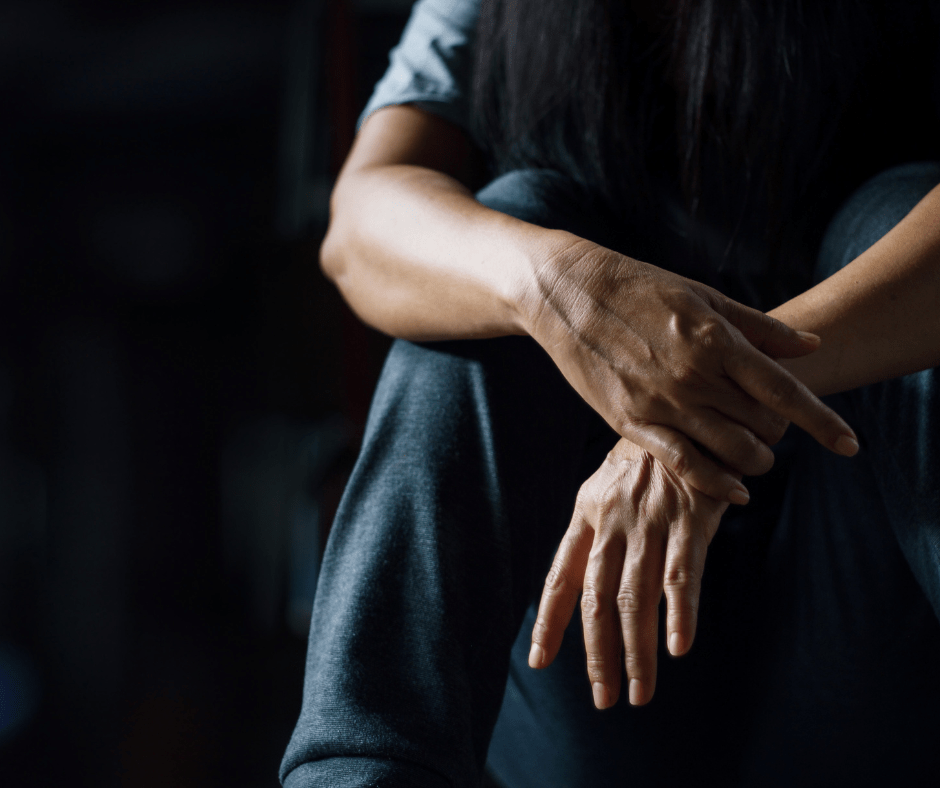
Post Traumatic Stress Disorder (PTSD) is an extreme anxiety disorder that can occur in the aftermath of a traumatic or life-threatening event or due to living in an ongoing stressful situation.
PTSD can be thought of as a panic attack that rarely, if ever, lets up. Symptoms of PTSD include flashbacks or nightmares about what happened, hypervigilance, startling easily, withdrawing from others, and avoiding situations that remind you of the event.
If this is the case with you, we will likely take a two-pronged approach of slowly releasing the trauma while gently introducing safe relaxation practices that work for you, I will discuss that with you in detail during our consultation.
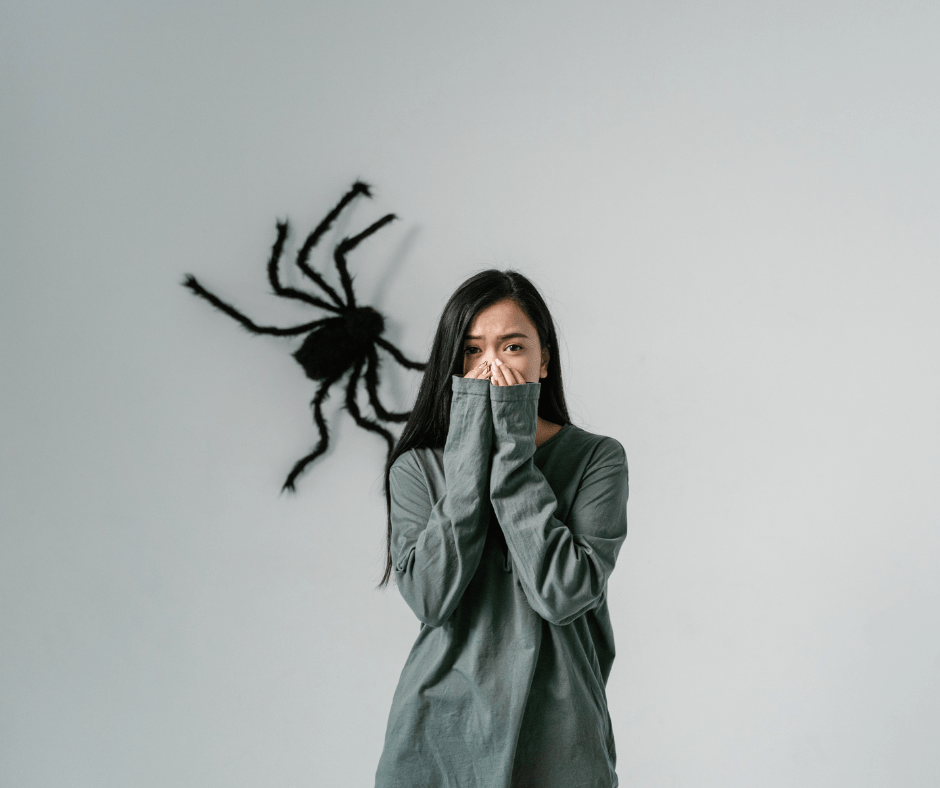
A phobia is an irrational, unrealistic or exaggerated fear response to a specific trigger object, activity, or situation that presents little danger.
Common phobias include fear of animals (such as dogs, snakes and spiders), fear of flying, and fear of heights.
For severe phobias, you might go to extreme lengths to avoid the thing you fear. Almost all phobias can be successfully treated and cured using a combination of neurolinguistic programming and hypnosis.

Obsessive Compulsive Disorder (OCD) is characterised by unwanted thoughts or behaviours that seem impossible to stop or control.
If you have OCD, you may be troubled by obsessions, such as a recurring worry that you forgot to turn off the oven or that you might hurt someone.
You may also suffer from uncontrollable compulsions, such as washing your hands over and over and other body-focused repetitive behaviours ~
~ a variety of different tics and habits
~ nail biting
~ dermatillomania (skin picking)
~ dermatophagia (skin biting)
~ trichotillomania (the urge to pull out hair)
and all of them tend to coexist with nail biting, which as an oral parafunctional activity, it is also associated with bruxism (tooth clenching and grinding), and other habits such as pen chewing and cheek biting.
A combination hypnosis and neurolinguistic programming is usually the treatment of choice for these conditions.
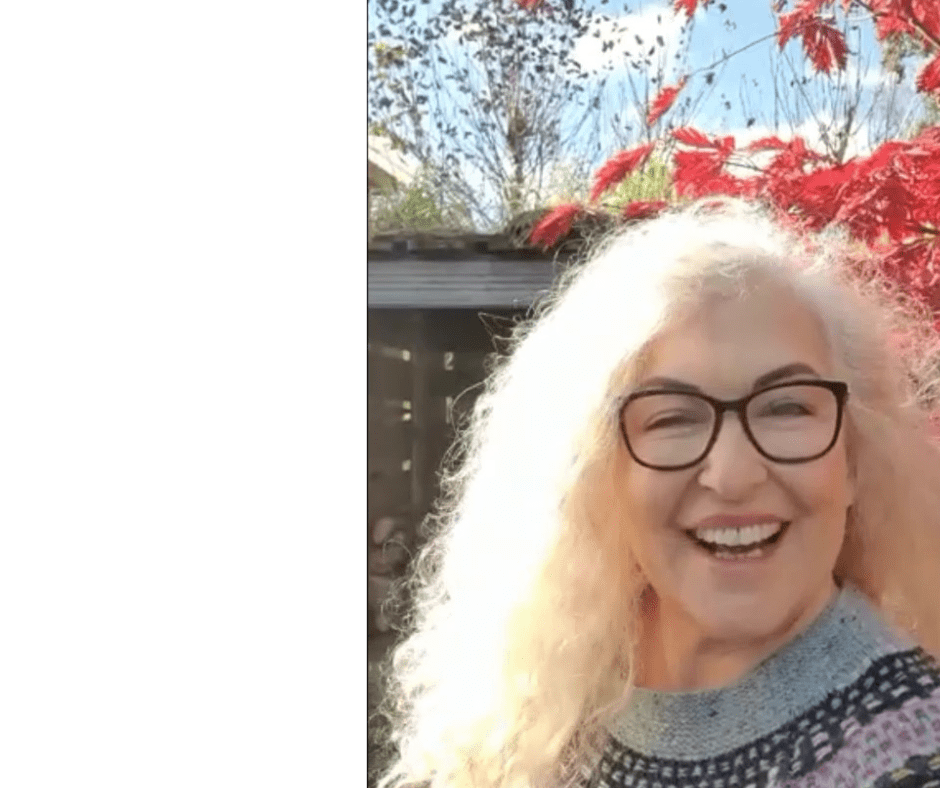
Give me a call to chat it through
Or go ahead and make the booking to take the first step in feeling better.
Book Now In-person or online
Self-hypnosis for anxiety might be the perfect starting place. My learning to relax e-package is the perfect place to start!
All the tools you need for only £9.99
